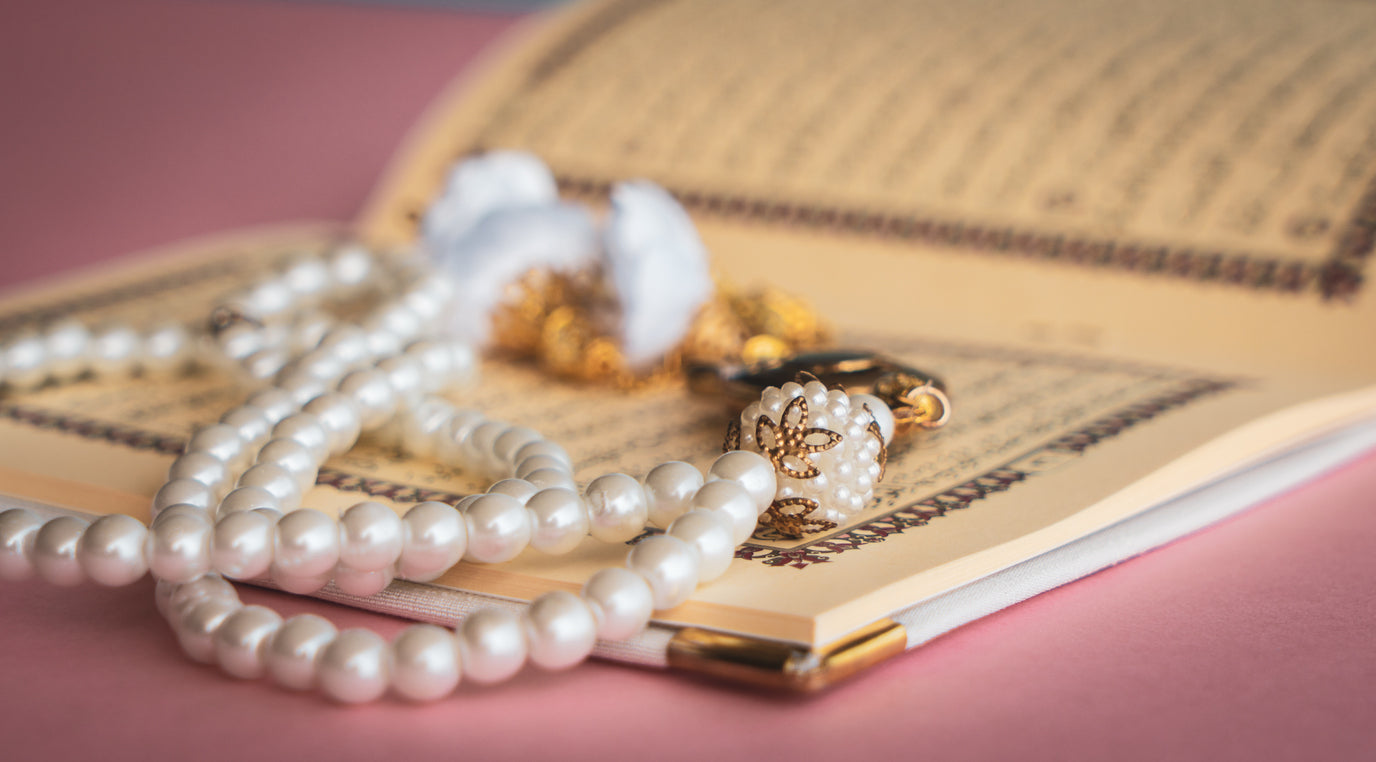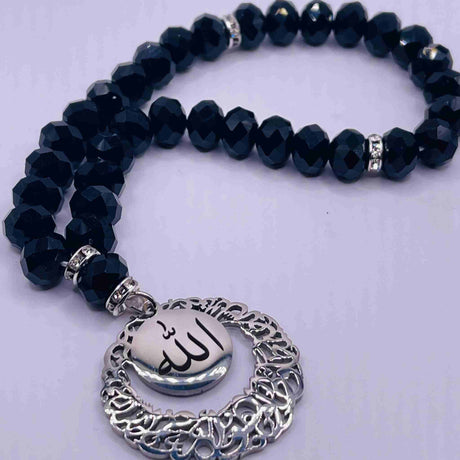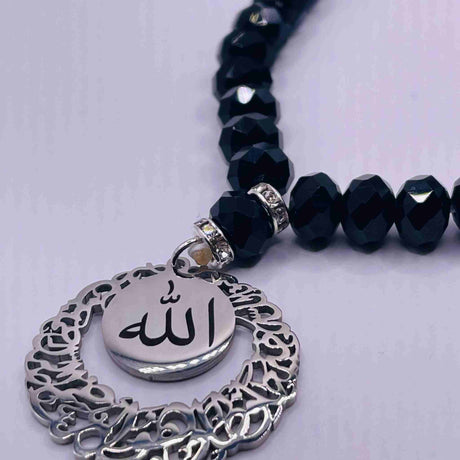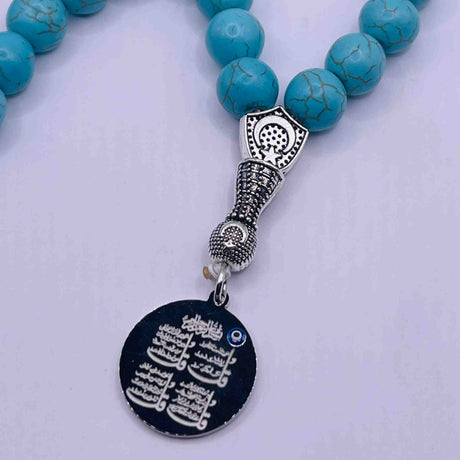Key Takeaways:
- Spiritual Enrichment: Reciting specific Quranic verses after prayers enhances spiritual connection and devotion.
- Divine Guidance: These verses emphasize seeking Allah's mercy, forgiveness, and assistance.
- Reaffirmation of Faith: They reinforce the belief in Allah's oneness and the acceptance of Islam as the true religion.
Continued with the recitation of Al-Baqarah verse 286:
Ayah 286 of Surah Al-Baqarah in the Quran,
لَا يُكَلِّفُ اللَّهُ نَفْسًا إِلَّا وُسْعَهَا ۚ لَهَا مَا كَسَبَتْ وَعَلَيْهَا مَا اكْتَسَبَتْ ۗ رَبَّنَا لَا تُؤَاخِذْنَا إِن نَّسِينَا أَوْ أَخْطَأْنَا ۚ رَبَّنَا وَلَا تَحْمِلْ عَلَيْنَا إِصْرًا كَمَا حَمَلْتَهُ عَلَى الَّذِينَ مِن قَبْلِنَا ۚ رَبَّنَا وَلَا تُحَمِّلْنَا مَا لَا طَاقَةَ لَنَا بِهِ ۖ وَاعْفُ عَنَّا وَاغْفِرْ لَنَا وَارْحَمْنَا ۚ أَنتَ مَوْلَانَا فَانصُرْنَا عَلَى الْقَوْمِ الْكَافِرِينَ
Transliteration:
Laa yukallifulla-hu nafsan illa wus ‘aha laha ma kasabat wa ‘alaiha maktasabat robbana laa tuahizznaa inn na sina au akhto’ na rabbana wala tahmil ‘alainaa isran kama hamaltahu, ‘alallazi na min qoblina rabbana wala tuhammilna maa laa thoqota lanabih waghfu ‘anna waghfirlana warhamna anta maulana fansurna ‘alal qaumil kaafirin
This Ayah is a prayer for mercy, forgiveness, and assistance from Allah, acknowledging human limitations and the need for divine guidance and support.
Continued with the recitation of Ali-Imraan verse 18:
Ayah 18 of Surah Ali 'Imran in the Quran.
شَهِدَ اللَّهُ أَنَّهُ لَا إِلَهَ إِلَّا هُوَ وَالْمَلَائِكَةُ وَأُولُو الْعِلْمِ قَائِمًا بِالْقِسْطِ ۚ لَا إِلَهَ إِلَّا هُوَ الْعَزِيزُ الْحَكِيمُ
Transliteration:
Syahidallahu innahu, laa ilaha illa huwa wal malaa ikatu wa ulul ‘ilmi qaa imam bilqist. Laa ilaha illa huwal a’zii zul hakim
This Ayah is a declaration of Allah's oneness and His justice, witnessed by Allah Himself, the angels, and those with knowledge. It reaffirms the belief in the sovereignty and wisdom of Allah.
Continued with the recitation of Ali-Imraan verse 19:
Ayah 19 of Surah Ali 'Imran in the Quran.
إِنَّ الدِّينَ عِندَ اللَّهِ الْإِسْلَامُ
Transliteration:
‘Innaddin Na ‘indallah Hil Islam
This Ayah emphasizes that the true and accepted religion in the sight of Allah is Islam.
Check out our Blog to learn more about the lessons in the Quran and how they can be used in everyday life.
Visit our Prayer Essentials Collection to learn more about the things you need for Islamic prayer that will help you grow spiritually.
Frequently Asked Questions:
Q: Why is it important to read Ayah 286 of Surah Al-Baqarah after prayers?
A: Reciting this Ayah is a powerful way to ask Allah for forgiveness, mercy, and help, recognising that people are limited and need spiritual help.
Q: How does Ayah 18 of Surah Ali 'Imran play a role in Islamic life?
A: This Ayah declares that Allah is one and fair, and it reaffirms faith in His power and wisdom, which Allah, the angels, and people who know will see.
Q: What does verse 19 of Surah Ali 'Imran say?
A: This Ayah stresses that Islam is the only faith that Allah accepts, which shows how important it is to follow Islamic teachings.
Q: How does reading these Ayahs after prayers help a believer?
A: Reading these Ayahs strengthens faith, builds spiritual connection, and reminds us of Allah's kindness, justice, and how important Islam is.
Q: Where can I find more information to help me understand Quranic verses?
A: Our Quran Studies Blog has in-depth writings and thoughts on how to understand and use the teachings of the Quran in everyday life.

























